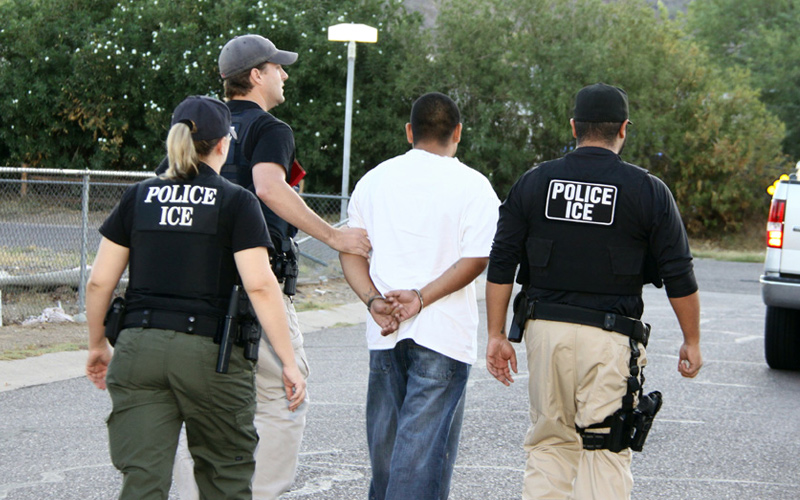With Obama's Dream Act coming in the horizon, many community groups fear the inevitable result the new immigration process will engender; an abundance of people and businesses offering dream act immigration assistance to those that qualify and perhpas to those that do not qualify. The immigrant lost in a maze of complicated laws accept this assistance readily only to find that many are not licensed and have no knowledge of the U.S. immigration laws. Sometimes this unlicensed assistance can devastate a family by turning a simple form preparation into a legal nightmare. This article provides basic information on who can represent an immigrant (alien) in immigration proceedings.
The Executive Office for Immigration Review (EOIR) conducts administrative hearings to determine whether aliens — who are charged by the Department of Homeland Security (DHS) with violating immigration law — should be ordered removed from the United States or should be granted relief from removal to remain in the country. Aliens in immigration proceedings –– before EOIR’s immigration courts or its appellate component, the Board of Immigration Appeals (BIA) –– may seek legal representation at their own expense; the government cannot provide legal representation.
Federal regulations specify who can represent aliens in immigration proceedings. The sections that follow below explain, by category, who can represent aliens in immigration proceedings –– attorneys, recognized organizations, accredited representatives, other qualified representatives, and free legal services providers. No one else can represent aliens in immigration proceedings.
“Notarios,” visa consultants, and immigration consultants cannot represent aliens in immigration proceedings.
To appear before an immigration court, all representatives must file a Form EOIR-28. To appear before the BIA, all representatives must file a Form EOIR-27.
Attorneys
Immigrants may hire a licensed attorney to represent them in immigration proceedings. The attorney must be eligible to practice law and be a member in good standing of the bar of the highest court of any state, possession, territory, or commonwealth of the United States, or the District of Columbia. Attorneys may charge or accept a fee.
Recognized Organizations
Aliens may obtain representation from a non-profit, religious, charitable, social service, or similar organization that is established in the United States and is officially recognized by EOIR’s BIA. Organizations that are officially recognized appear on the roster listing maintained by the BIA. Recognized organizations may charge or accept only nominal fees.
Accredited Representatives
Immigrants may be represented by an accredited representative. Accredited representatives are granted accreditation by the BIA. To be granted BIA accreditation, accredited representatives must be affiliated with an organization that has been recognized by the BIA. Accredited representatives may charge or accept a nominal fee set by their recognized organization.
The BIA maintains alphabetical rosters of all recognized organizations and their accredited representatives.
Other Qualified Representatives
In addition to attorneys and accredited representatives, “other qualified representatives” may represent aliens in immigration court. However, they must apply and receive permission from the immigration judge to represent aliens in immigration court. Also, they must work without pay; they cannot charge or accept a fee.
“Other qualified representatives” may be any of the following persons who meet the conditions specified in the regulations:
• Law students and law graduates of accredited U.S. law schools not yet admitted to the bar but working under the supervision of an attorney;
• Reputable individuals of good moral character who have a personal or professional relationship with the represented alien (e.g., relative, neighbor, clergy, co-worker, or friend) and who are appearing without direct or indirect payment; or
• An accredited official of the government to which the represented alien owes allegiance (e.g., a consular officer).
Free Legal Services Providers
EOIR’s Office of the Chief Immigration Judge (OCIJ) maintains a current list of free legal services providers who meet the qualifications specified in the regulations. This list is updated quarterly and is provided to aliens in immigration proceedings. It is also available on EOIR’s website.
`









